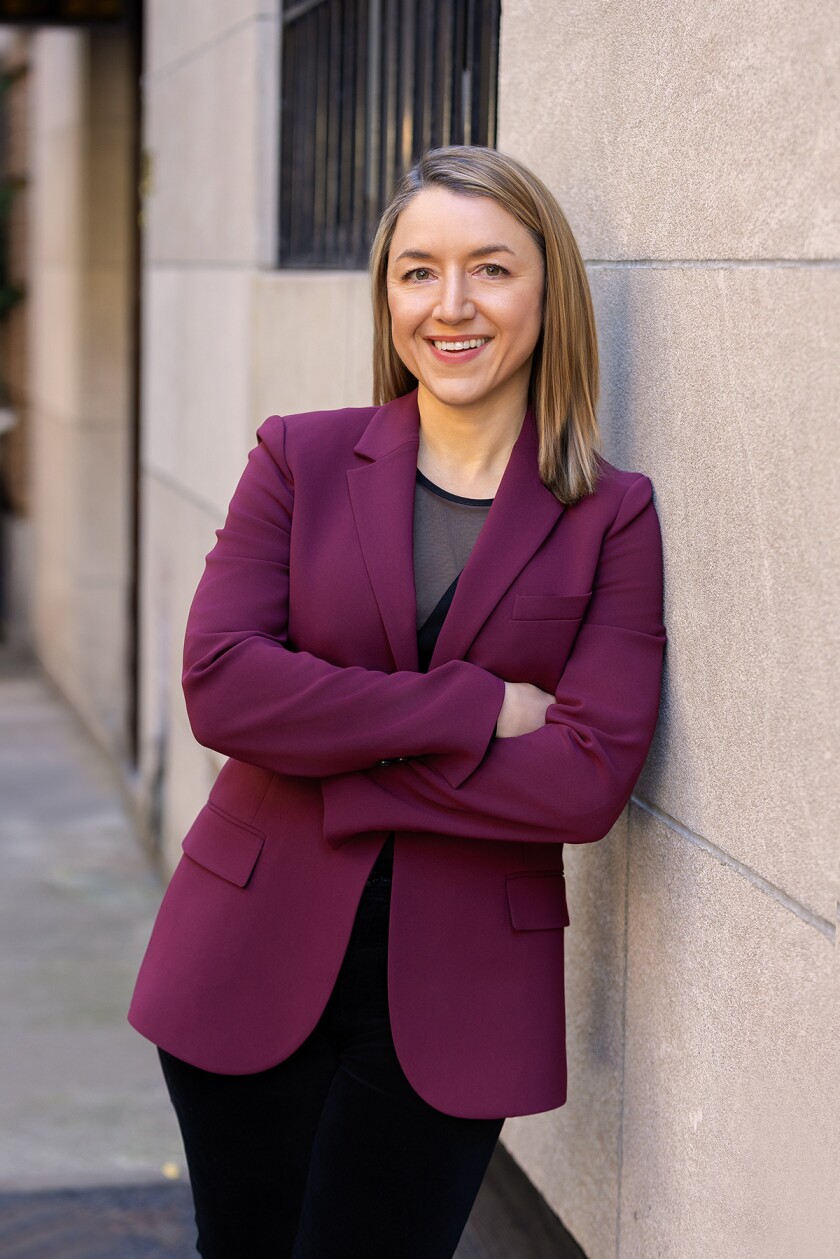The staff of the American Institute of CPAs, the International Ethics Standards Board for Accountants and the International Auditing and Assurance Standards Board have jointly released guidance on the use of specialists in COVID-19 environment, including some considerations involving the use of specialists when auditing financial statements during the pandemic.
The staff guidance, released Tuesday, aims to help accountants and auditors determine when there might be a need to use the services of a specialist to help them perform specific tasks and other professional activities within their own organizations, as well as when they serve their clients during the COVID-19 pandemic. The publication discusses some of the ethical considerations for accountants to think about when using a specialist, along with some of the circumstances that indicate a need for a specialist when auditing financial statements.
The novel coronavirus pandemic has forced many accountants and auditors to work remotely, as well as curtailed travel to client locations, particularly those located abroad, when travel restrictions remain in place in many countries.
Pedro Suplicy is Director of the Financial Services AI Studio at Globant, where he leads strategic advisory and technology transformation initiatives for financial services and insurance organizations. He has held senior leadership roles at NTT DATA and Accenture and brings over two decades of experience driving strategy, performance improvement, and large-scale transformation. He is based in New York City.
Leah Price serves as vice president of the Tinman AI Platform at Better. Previously, she led the Office of Fintech and the Office of the Chief AI Officer at the Federal Housing Finance Agency. Earlier in her career, Leah held leadership roles at Figure Technologies and at Fannie Mae.
The guidance points out that the pandemic could also pose threats to ethical standards, and accountants may find it challenging with the changing laws and regulations pertaining to COVID-19. They may come under pressure to breach the principles of professional competence, due care and professional behavior. “Those who perform audits of financial statements may face additional challenges as well, including considerations related to auditor independence,” said the document. During the pandemic, accountants also might not have access to the usual resources they have at their offices to ensure competent performance, and they may need to turn to outside specialists to help them perform certain tasks or undertake some engagements.

The publication was developed by the staff of the AICPA under the auspices of a working group formed by the IESBA and national ethics standard setters from Australia, Canada, China, South Africa, the U.K. and the U.S. The working group was chaired by IESBA deputy chair Richard Fleck with the goal of developing implementation support resources to help accountants effectively apply the International Code of Ethics for Professional Accountants (including International Independence Standards) when facing circumstances created by the COVID-19 pandemic. IESBA and IAASB staff also provided their input. The working group plans to develop more COVID-19 guidance in the weeks ahead.


